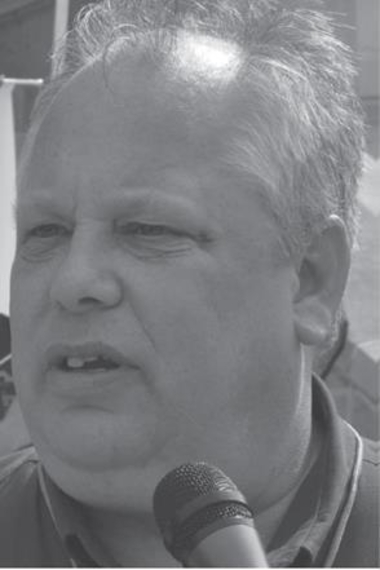Kansas sees decline in voter registrations on hold

JOHN HANNA, AP Political Writer
TOPEKA, Kan. (AP) — After months of increases, Kansas saw a sharp drop over the past week in the number of prospective voters whose registrations were on hold for failing to present proof of their U.S. citizenship to election officials.
Registrations on hold peaked at about 18,500 on Monday, according to the secretary of state's office. After the state Department of Revenue forwarded to election officials information regarding 6,000 people who'd presented one of several required documents when obtaining or renewing a driver's license, the number had fallen Friday to fewer than 17,200 — a decline of about 7 percent.
The department still is combing through its records and expects to provide information about more Kansans to election officials, doing what it can to help without impeding the processing of driver's licenses, spokeswoman Jeanine Koranda said.
People whose registrations are on hold can't legally cast ballots, and the growing numbers had led to criticism that the proof-of-citizenship law was disenfranchising voters and creating administrative headaches for county election officials. Shrinking the list allows more people to vote.
"It just shows that thinking creatively and working with other agencies cooperatively, we can help people finish their registrations," said Secretary of State Kris Kobach, a Republican and the architect of the proof-of-citizenship law. "We expect the decline to continue."
A state law that took effect in January requires new voters to present citizenship papers — a birth certificate, passport or other documents — to election officials when registering to vote. If they don't, election officials accept the applications but put registrations on hold. If those people go to the polls, their ballots are not counted.
Kobach championed the law as a way to prevent fraudulent voting by noncitizens, particularly immigrants living in the U.S. illegally. His office has said at least 15 noncitizens were registered to vote at the end of 2012, and Sedgwick County has reported the case of an unnamed person on the "suspense" list who confirmed not being a citizen when contacted.
Critics contend the law suppresses turnout far out of proportion to its purported benefits.
Tom Witt, executive director of Equality Kansas, the state's leading gay-rights group and one of several organizations considering a federal lawsuit over the proof-of-citizenship measure, said the voters helped by the Department of Revenue's information still may have been disenfranchised during special local elections this fall.
"This whole thing's all messed up," said Rep. Tom Sawyer of Wichita, the ranking Democrat on the House Elections Committee. He said he'd like to see the Legislature re-examine the policy during the 2014 session.
The Lawrence Journal-World first reported the Department of Revenue's move last week. Douglas County Clerk Jamie Shew, a Democrat, said his office had received information Monday on 447 prospective voters and was able to take 100 registrations off hold.
"We're glad to get something that helps," he said.
Kansas requires anyone obtaining new driver's licenses to provide proof of their U.S. citizenship, in line with a 2005 federal anti-terrorism law designed to make state licenses more secure. Kobach has argued the federal policy boosts registrations among people who have little interest in elections.
"Realistically, we have to recognize that there are some people whose registrations are incomplete because they have no intention of voting," he said.
But since the federal government is no longer pushing states to go farther, the Department of Revenue dropped plans to require people renewing driver's licenses to produce citizenship papers. It is, however, allowing people to voluntarily produce citizenship papers when renewing licenses, and plans to create a special license with a gold star for those drivers.
Many lawmakers expected upon enacting the proof-of-citizenship rule that the Department of Revenue would share information with election officials. And the department has changed its protocol for handling voter registrations, so workers ask up front whether people have citizenship documents.
"This is just the next step," Koranda said of the department combing its records to help election officials.
Copyright 2013 The Associated Press. All rights reserved. This material may not be published, broadcast, rewritten or redistributed.
October 27, 2013





